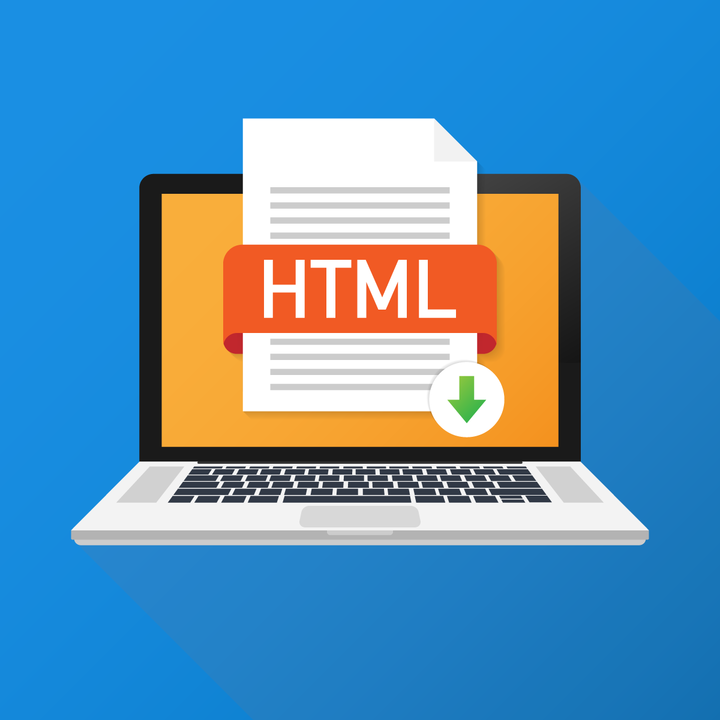Introduction
With constant digital advancement, the internet has become a great repository of various inspirational, social and knowledge-based content, and the ability to preserve this valuable content is always on our wishlist. Luckily, you can now easily convert a webpage to PDF, be it your favourite food recipe blog website or a research paper archive.
Through this article, we will help you explore some of the exciting ways to store your favourite web pages as PDFs. Also, we will navigate through different options like the use of PDF editors, browser extensions and online converters that will empower you to transform digital content into shareable files.
Importance of Converting Webpages to PDFs
Tools like Adobe PDF Converter offer a variety of advantages that not only enhance accessibility but also improve the longevity and portability of any online content. Here are some of the key reasons why you should convert a webpage to PDF.
1. Content preservation
Content available on websites like tutorials, research papers, or any valuable article can become inaccessible at any time. Converting such content to PDF would help you create an archive, ensuring its overall portability and accessibility.
2. Offline Access
PDFs are an industry standard format and easily accessible without the need for the internet. You can easily read these pages on devices like smartphones, tablets and e-readers without any interruption while travelling or offline.
3. Improved Readability
PDF allows you to customise settings like format, layout and font size, which enhances the reading experience and makes it consistent. Whether you want to access documents on a large computer monitor or smartphone, PDF ensures optimised readability.
4. Easy Collaboration and Sharing
PDFs are widely accepted document formats that can be easily shared through messaging applications, cloud storage platforms, and email. You can endlessly share content with your colleagues, family and friends for seamless collaboration and communication.
Trendy Ways to Convert Webpage to PDF
Now that you have got some gist about the significance of Webpage to PDF conversion, let’s discuss some of the methodologies and tools to accomplish this task:
-
Print to PDF
Various Web browsers have an in-built option “Print to PDF”. This allows you to save any HTML to PDF online. Here are the key steps involved:
- Go to the “Print” Option or use the shortcut Key – Ctrl + P.
- Choose the “Print to PDF” option.
- Save the resulting PDF file on the cloud or local device.
2. Browser Extension
Using web browser Extensions like Adobe Acrobat Chrome Extension, you can easily convert a webpage to PDF in a single click. These extensions provide an option to save HTML as PDFs, making it quite simplified for you and your team to create PDFs directly while browsing the website.
Steps to follow to convert Webpage to PDF using Adobe Acrobat:
- Open the website in a web browser like Mozilla Firefox or Google Chrome.
- Download and enable the Adobe Acrobat extension or toolbar if not installed.
- Click on “Save As PDF” or “Convert To PDF”, depending upon the extension version.
- Enter the file name to save it at the desired location.
After you save, you can use the PDF editor to customise and format PDF documents using the advanced features it offers. Using these programs, you would get greater control over documents and would allow you to refine the final output.
Few Things to Consider While Converting PDF to Webpages.
To ensure the best outcome when converting an online website to PDF, try to follow these best practices:
- Always ensure the compatibility of components such as images and content with PDF standards. In some instances, complex webpages require necessary adjustments before saving it.
- Customise settings like page size, margin orientation, and image resolution as per your business requirements and preferences.
- Optimise the size of the PDF if it becomes quite huge and bulky. To optimise PDFs, consider reducing image or font resolution.
- Ensure accessibility like hyperlinks, alt text and bookmarks so any person with a disability can access PDF documents without any discomfort or hindrance.
Conclusion
Converting HTML pages to PDF is one of the versatile solutions that make it convenient for you and your team to preserve, access, and share your favourite online webpage. Whether you want to archive articles or some tutorials, PDFs are the most reliable solutions that keep your content accessible and usable for endless time.
By understanding the methods, advantages and best practices mentioned in this article, you can unleash the great potential of webpages converted PDFs, while enhancing your browsing option.

